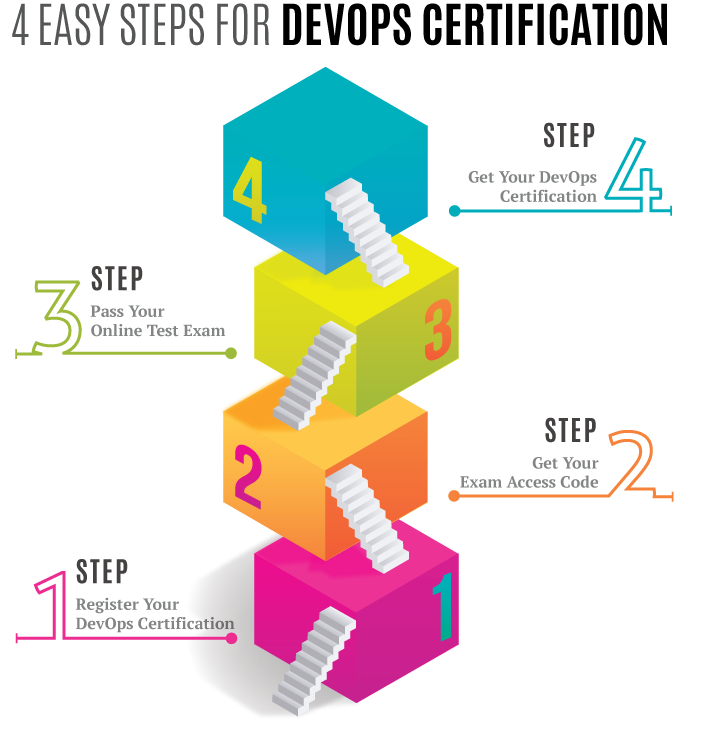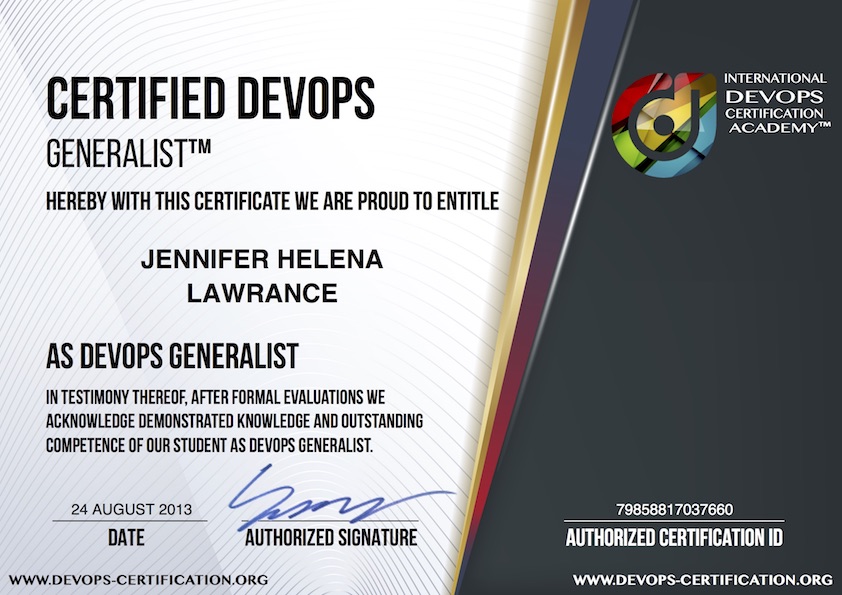What Does it Take to be a Software Tester in an Agile Organisation?
Our Guest Blogger - NPAW (Nice People At Work)
23 March 2024
Software Testing
Testing in Agile Scrum
QA in Agile Scrum
There is so much more to be a software tester than merely logging bugs and testing to identify errors. There are inspiring examples of Agile working environments. Software testers have there the privilege to work as part of development teams which are like working on a movie set with the writers and producers. The testers work with everyone on the team, from the Junior Programmers to the Senior Project Leaders and inventors to continuously improve and build quality into the products and services.
Communication in an agile team
When you work with a development team the best way to share thoughts, ideas, and discoveries is absolutely via face to face conversation.
In Scrum teams, testers initiate a lot of the communication because they coordinate with team members constantly - it’s the heart of the job. They interact with programmers, Scrum Master, the Scrum Product Owner, and anyone else who can help add value to the process and the product.
Testing can be a lot of fun in quick thinking agile environments because of the collaboration between members of a self-organising team. Team members work together more; there is less self-interest and fewer arguments between the developers and testers because everyone’s goal is the same - improve and innovate an amazing product.
Soft skills
Aside from being able to test, there are no absolute rules for software testers in Agile environments. However, remember you are part of a team of equals, and Testers therefore should hone in on skill yes, but also personality (i.e., interpersonal relationships), and emotional intelligence. Most companies which hire agile testers look for strength in these areas.
If a tester has strong design and coding skills but is lacking in interpersonal skills, this could be a challenge for the team. On the other hand, if a tester has great interpersonal skills but is deficient in technical ability (but ready and eager to learn), the development team could absorb him and neutralise the deficiency easier than in the first case. Scrum Teams strongly believe in continuous training for talent development.
An agile environment is the same for a tester as it is for an athlete - although you are there to play your sport or write some code, you are part of a team of enthusiastic professionals out to for success. That success begins with attitude first, with aptitude an incredibly close second.
Detect ambiguity
One key responsibility of Scrum testers is to help describe product features. Before the feature or user story goes into development, the tester (and many others) meet with the Scrum Product Owner to discuss the contents of the story card. The goal of the conversation is to create an opportunity to understand what the Scrum Product Owner wants. Skilled testers are great at this because they are capable of detecting and recognising ambiguity even before testing begins.
Testers know how to think of relevant scenarios to help meet the validation of acceptance criteria well in advance. Applying this skill before development begins, rather than during or after development, will help ensure that the development team is focused on meeting goal benchmarks. Ultimately, testers not only detect issues, but also, help prevent them.
Final Thoughts
Simply put, if you are a tester in a fast paced, tight knit, agile organisation, odds are the last thing you can count on is “just testing”. However, you can expect to:
- Attend meetings to clarify user stories and changes. Agility is an iterative and incremental process, and constant collaboration within the team, and between the team, Scrum Master and Scrum Product Owner, is essential.
- Engage in effective communication to help keep the developers, Scrum Master and Scrum Product Owner on the same page.
- Identify risks, mitigate them where possible, and prioritise all tasks that could help deliver a shippable product at the end of every sprint.
- Make suggestions and provide input on automating nightly builds, Integration, and regression, as well as exploratory and acceptance testing.
- Provide continuous feedback to the entire development team on the status and progress of the product being designed.
Being a tester in an agile team is a wonderful opportunity to think critically, collaborate with a hard working team, and be part of a project bigger than yourself. If you have the skill set, and a strong drive for achievement, our partner NPAW (Nice People At Work) have great challenges for you: www.npaw.com/careers
|
Share this Article with Your Friends and Colleagues!
|
|

|

|

|

|
|
 DEVOPS-CERTIFICATION.ORG
DEVOPS-CERTIFICATION.ORG
















